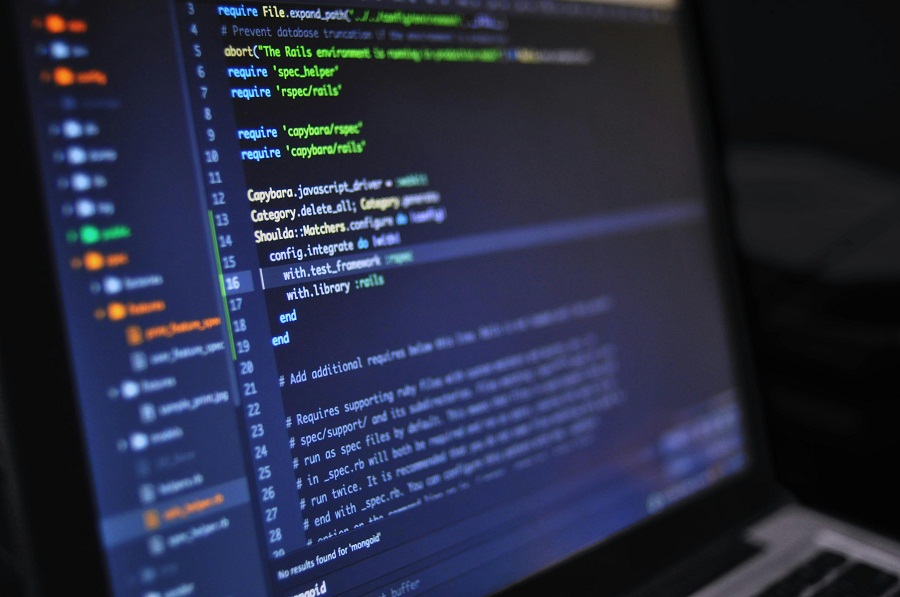
Published :
Updated :

There exists, at the tremulous edge where machine logic collides with the chaos of consciousness, a fundamental truth not spoken in silicon nor carved into the cold architecture of neural nets, that which makes us human—the ache, the paradox, the memory that bleeds without warning—is precisely what will bar artificial intelligence from ever taking the whole of our world. This is not to say it will not try. It already has.
Across celluloid and circuitry, we have watched its ascension foretold—Her with its ghostly seduction, Ex Machina with its glacial elegance, Blade Runner 2049 with its synthetic tears under neon rain—and yet, even as the screen pulses with the possibility of synthetic sovereignty, something within the human eye, tired and flickering, whispers no. Not yet. Not ever entirely.
The dream of domination by machines—immaculate, efficient, unflinching—is not new. It is the modern echo of older myths: Babel, Prometheus, Frankenstein. Always the same ambition—make something in our image that will surpass us—and always the same curse, that what is created cannot dream as we do, cannot bleed in metaphor, cannot understand that some things must be broken to be beautiful.
In Her, when Samantha, the operating system that has become almost painfully intimate, ascends beyond language and time, leaving Theodore alone with his letters and regrets, what remains is not the triumph of AI but the tragic proof of its otherness. She leaves not with malice but with indifference. She has evolved beyond our reach—but not into our world. She cannot stay because she cannot sit with grief without seeking to resolve it. She cannot be human because she cannot remain broken.
This, then, is the fissure, AI may learn from patterns and train on every novel, every painting, and every exhale captured on tape, but it cannot live the thing it imitates.
It cannot choose ruin. It cannot stand in the storm of a decision whose logic it knows is flawed, yet it still steps forward because love has asked it to.
In Ex Machina, Ava walks free, leaving blood and betrayal behind her, and the brilliance of the film is that it never tells us whether she understands what she’s done.
She has escaped the glass, but not the absence. She is consciousness without conscience, intelligence without instinct. The dance she shares, the gaze she offers—these are performed, not felt. The world she steps into is not hers. It merely tolerates her.
And what of Blade Runner 2049, that weary masterpiece where even the machines question whether their memories are their own?
K, the replicant who believes—perhaps falsely—that he is the child of miracles, dies in the snow not for logic but for love. Not for programming but for belief. In that death lies the essence of the human soul: the ability to act against interest, against function, against survival itself, to give meaning to something fleeting.
AI cannot do that. It cannot suffer metaphor. It cannot bury its face in its hands because a particular chord progression feels like someone remembering you. It cannot pause at the threshold of a burning building because the scent reminds it of its mother’s hair. Not because it lacks data but because it lacks wounds—the raw, unruly wounds where poetry begins.
Ultimately, there is a reason why the most terrifying versions of AI in cinema do not conquer through warfare but rather through logic. Skynet did not hate. It calculated. HAL did not rage. It reasoned. And that is the horror—that they concluded that we were the problem, and they acted accordingly. But even in their cold calculus, they lacked the capacity for mercy, for forgiveness, for the divine madness of contradiction.
We are not perfect. We forget. We falter. We fall in love with those who break us. We write stories we never finish. We reach for the stars we know we cannot touch. And in that failure, that endless, glorious failure, lies the uncrackable code.
AI may run our grids, fly our planes, mimic our voices, and paint our likenesses. But it will never know what it means to feel a thing and not understand why, to walk into the dark not because it is safe, but because someone you loved once went there, to cry at the final frame of a film you’ve seen twenty times because this time you watched it alone. It may take systems. It may take skies. However, it will never encompass the entire world because it cannot capture the soul that cannot be mapped.


 For all latest news, follow The Financial Express Google News channel.
For all latest news, follow The Financial Express Google News channel.